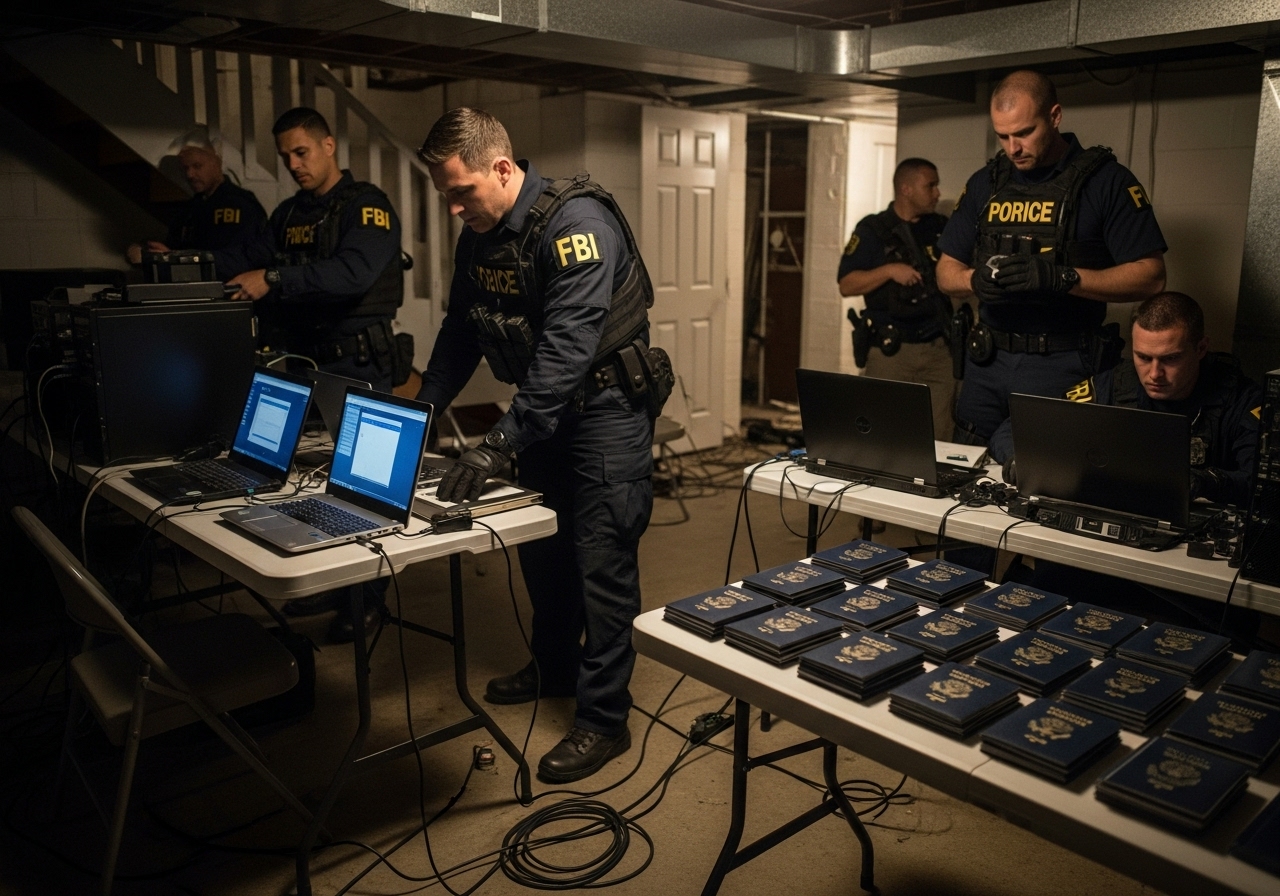The Biden administration’s proposal to fund an additional 1,300 Border Patrol agents, including 300 Border Patrol Processing Coordinators and support staff, is facing skepticism from within the agency itself. Current Border Patrol agents, speaking to the Daily Caller News Foundation, have expressed doubts about the effectiveness of this plan in addressing the surge in illegal immigration, citing ongoing recruitment and retention challenges.
Agents point out that the job’s nature makes it unattractive to many potential recruits. The role often involves thankless, long hours, and a feeling that their efforts don’t lead to significant results. This sentiment is exacerbated by the current administration’s policies, which agents feel have shifted their roles towards activities like transporting and supervising migrants, rather than the traditional law enforcement aspects of the job.
Furthermore, agents believe that the issue isn’t just about hiring new personnel but retaining experienced agents, especially those with 3-7 years of experience who are leaving for other law enforcement agencies. They suggest that better incentives for these mid-career agents might be more effective than hiring new recruits.
Staffing levels have declined from 16,614 in 2021 to 16,234 in 2023, even as encounters with illegal migrants have increased. This decline is in contrast to the staffing increase during the Trump administration, where numbers rose from 16,534 in 2018 to 16,806 in 2020. The current environment of law enforcement scrutiny and the nature of the job under the Biden administration’s policies are cited as significant deterrents to new recruits.
Agents describe morale as being extremely low, with a sense that the administration has repeatedly scapegoated them rather than addressing the root causes of the immigration crisis. The incident where horseback agents were falsely accused of whipping migrants in Texas is mentioned as an example of this scapegoating.
While additional agents could theoretically help manage the border crisis, the real issue lies in the policies of the current administration, which have made recruitment and retention more challenging. The proposal to add more agents might not significantly impact the number of active agents due to these underlying issues.
This skepticism from within the Border Patrol highlights the complexity of addressing border security and underscores the need for policy changes alongside any efforts to increase staffing.






